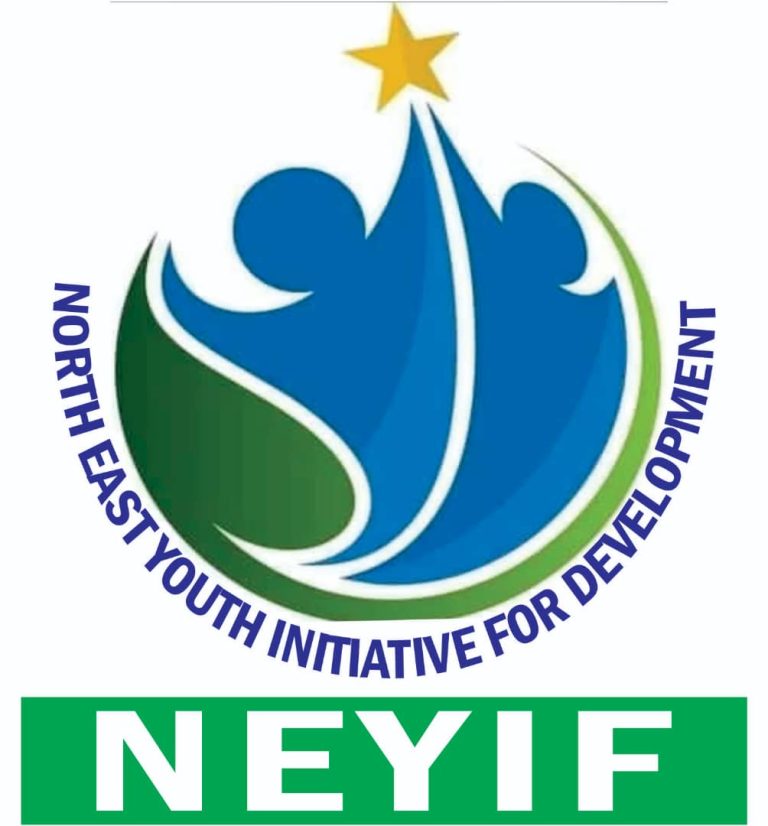The North East Youth Initiative for Development (NEYIF), in partnership with Al-Yateem Charity Initiative (AYCI) and with funding support from the Global Community Engagement and Resilience Fund (GCERF), has recorded major progress in strengthening peace and resilience in Sokoto State through its flagship Prevention and Countering Violent Extremism (PCVE) project.
The initiative, tagged “Engaging Youth and Women as Agents of Social Cohesion through Resilience Building and Community Peace Initiatives,” targets women and young people—considered most vulnerable to extremist recruitment—by equipping them with skills, tools, and platforms to promote social cohesion.
Sokoto and other parts of north-west Nigeria continue to face evolving security threats, including the rise of extremist groups such as Lakurawa. Once seen as a vigilante group, Lakurawa has morphed into a terrorist movement, recruiting disaffected youths and exerting oppressive control in rural communities.
In response, NEYIF and AYCI have intensified grassroots interventions ranging from awareness campaigns and dialogue sessions to livelihood support, positioning local communities as the frontline defense against radicalization.
Key highlights from the second quarter of 2025 include:
Awareness drives: Monthly peacebuilding programs on Vision FM, youth-led social media campaigns, and school sensitization sessions that reached thousands with counter-extremism messages.
Media literacy: Three-day workshops trained young people to identify misinformation, with participants reporting an 89% boost in confidence to counter fake news.
Community mobilization: Traditional rulers, women leaders, and youth engaged in forums on drug abuse, gender-based violence, and child protection.
Civil-military collaboration: Dialogue sessions helped bridge trust between citizens and security forces, addressing local disputes and strengthening cooperation against crime and extremist activity.
Livelihood empowerment: Vulnerable youth participated in Cash-for-Work projects to rehabilitate health centers and clean public spaces, while women and youth received vocational training and start-up grants to build sustainable businesses.
According to NEYIF Executive Director, Comrade Dauda Muhammad Gombe, peacebuilding must be people-centered: “By empowering youth and women, and by building trust across all sectors, we are laying the foundation for a more resilient Sokoto State.”
Youth leader Aisha Abubakar also described the impact of the initiative, saying: “This project has shown us that women and young people are not just beneficiaries—they are leaders in peacebuilding.”
Community leaders have pledged to sustain clean-up exercises, awareness sessions, and dialogue forums even beyond the project’s lifespan—demonstrating growing ownership of peacebuilding efforts at the grassroots.


